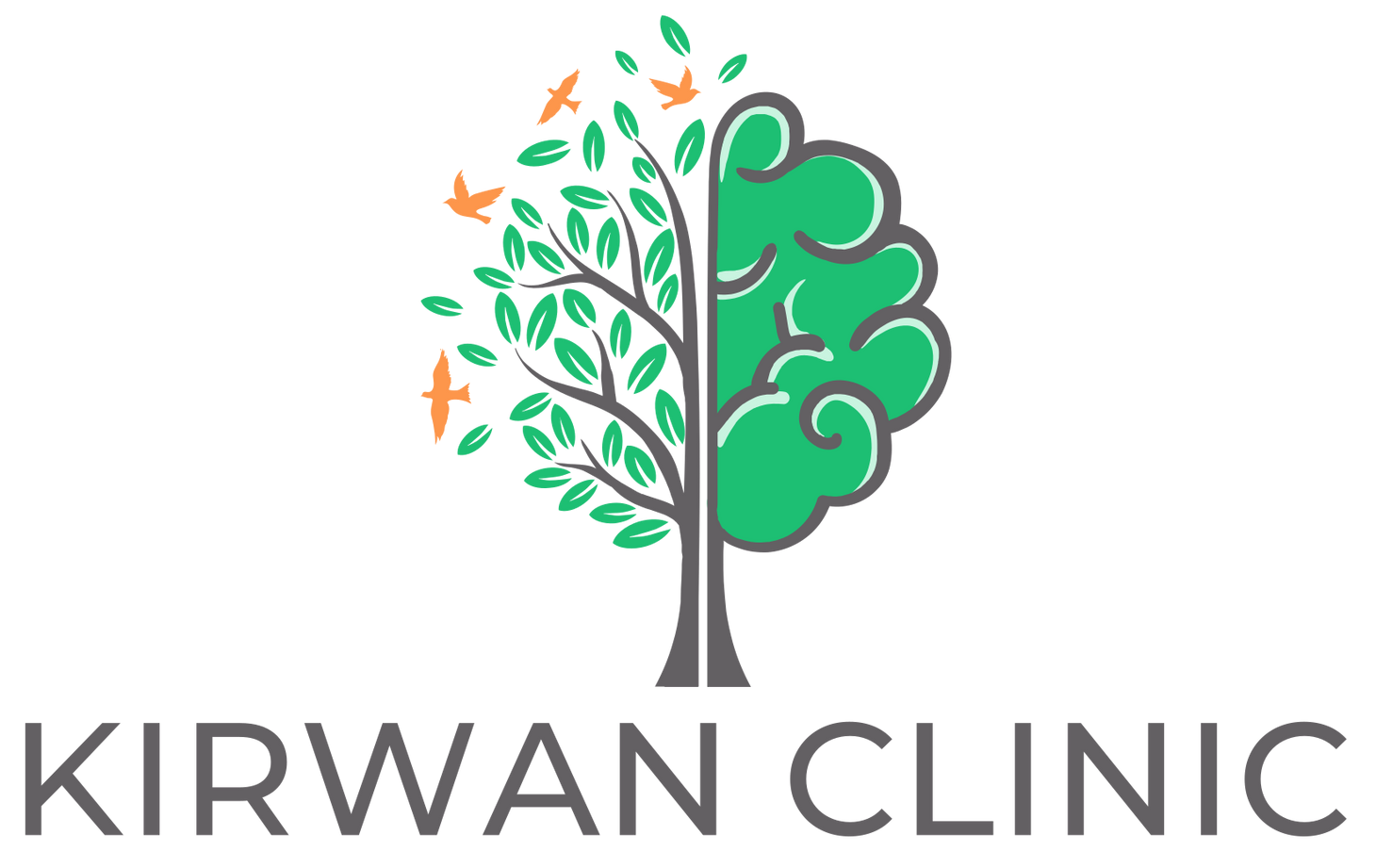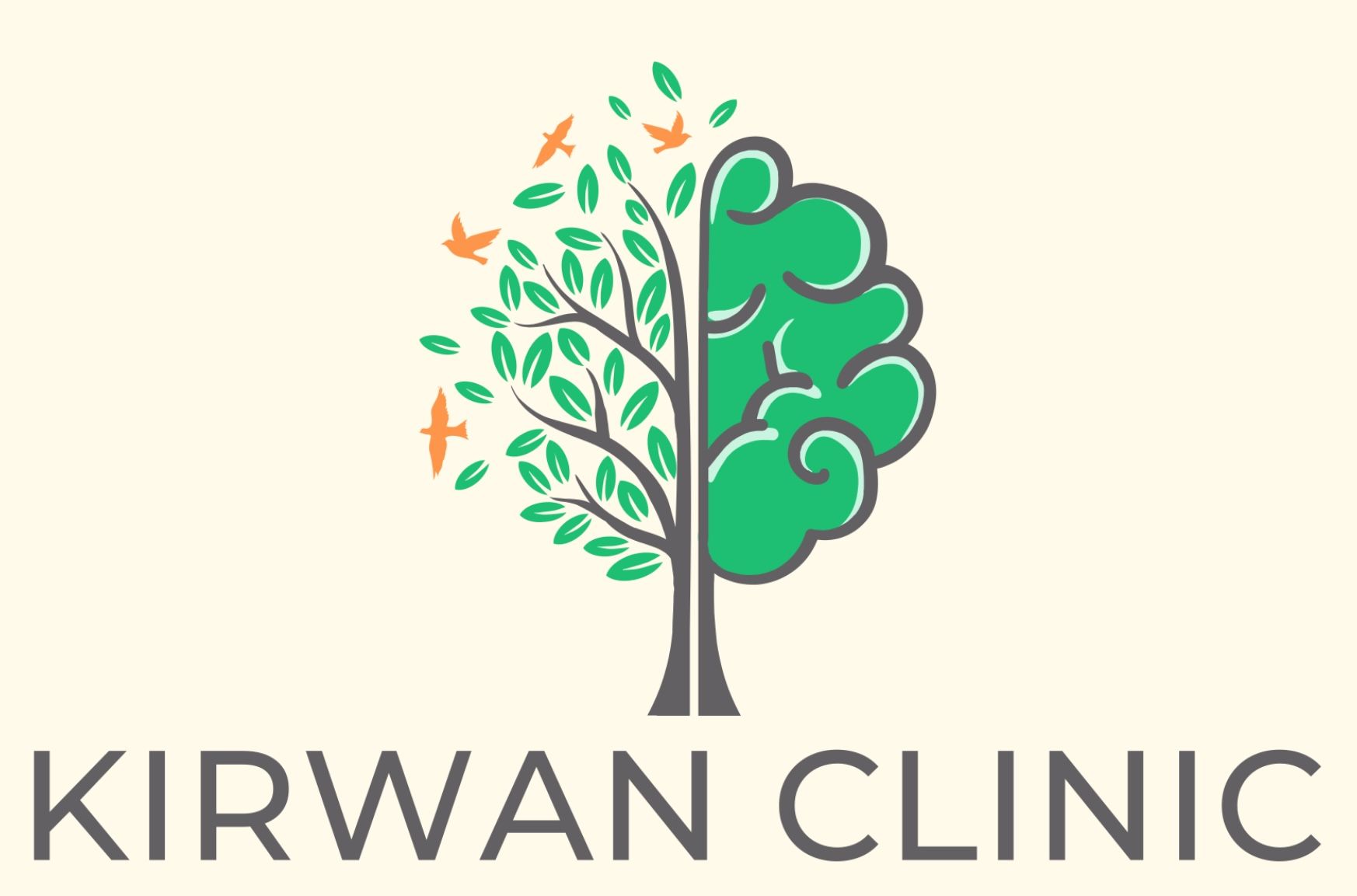ADHD Management
What is ADHD Management?
Attention Deficit Hyperactivity Disorder (ADHD) is a neurodevelopmental condition impacting attention/focus, organisation/forgetfulness, overactivity/restlessness, and impulse control. ADHD management refers to the strategies, therapies, and treatments used to help individuals manage symptoms and improve daily functioning. It involves a combination of medical, psychological, and lifestyle approaches tailored to each individual’s needs.
Who is Suitable for ADHD Management?
ADHD management is beneficial for individuals of all ages who struggle with symptoms such as:
- Difficulty with focus, distractibility, listening, and/or error-checking
- Problems staying organised and/or completing multi-step tasks
- Struggles with getting started, or tending to leave things unfinished
- Forgetting to do things if not done immediately (‘prospective memory’)
- Hyperactivity (fidgeting, on the go, very chatty, can’t relax or switch off)
- Impulsivity (interrupting, butting in, hard to wait for things)
There are also a number of problems that often ‘come with’ ADHD, such as:
- Sleep difficulties
- Emotional dysregulation, anxiety, burnout, or low mood
- Tendency towards inflexibility and perfectionism
- Self-confidence struggles, problems persisting with hard tasks
- Struggles keeping up at school, including specific learning disorders
- Social difficulties, for example due to meltdowns or missing cues
A structured management plan can benefit children, teens, and young adults by improving focus, behaviour, and overall quality of life.
Benefits of ADHD Management
Proper ADHD management can lead to:
- Better focus and attention
- Improved academic and workplace performance
- Enhanced emotional regulation
- Stronger social and interpersonal relationships
- Reduced stress and anxiety
- Improved self-esteem and confidence
- More consistent energy levels and completion of tasks
Effective ADHD management helps individuals develop coping skills and strategies for more successful functioning in their personal and professional lives.
Types of ADHD Management
ADHD management typically includes a combination of the following approaches:
1. Behavioral Therapy
- Cognitive Behavioral Therapy (CBT) and Acceptance and Commitment Therapy (ACT) to develop coping strategies
- Social skills training to improve communication and interactions
- Emotion regulation skills training, to enhance self-control and decision-making
- Parent training programs to help caregivers support children with ADHD
2. Psychological Support
- Individual or group therapy to address emotional and self-esteem challenges
- Executive function coaching for better organisation and planning: for example breaking tasks down, prioritising, scheduling
3. Medication Management (not currently available with our clinic)
- Stimulant medications (e.g., methylphenidate, amphetamines)
- Non-stimulant medications (e.g., atomoxetine, guanfacine)
- Medication helps regulate brain function, improving focus and impulse control. It can also help get started on tasks, reducing procrastination
- Often we recommend our clients with ADHD are medicated, as pharmacological therapy and psychological therapy go well together
4. Educational and Workplace Support
- Classroom accommodations (e.g., extra time for tasks, structured environments, chances for breaks, repetition of instructions)
- Workplace modifications (e.g., flexible scheduling, task prioritisation, interim deadlines to aid accountability)
- Support from school counsellors or workplace mentors
5. Lifestyle and Natural Interventions
- Regular exercise to boost brain function
- Balanced nutrition to support mental clarity
- Adequate sleep to improve attention and mood
- Mindfulness, meditation, and relaxation techniques
- Plenty of time outdoors, engaging in hobbies, and seeing friends
- Caution around excessive use of ‘addictive’ activities, e.g. screens
Preparation for ADHD Management Therapy
Before starting ADHD management, individuals or caregivers should:
- Keep a record of symptoms and their impact on daily life, and gather reports from school and/or previous professional assessments
- Consult a medical professional for a formal diagnosis, potentially starting on medication (though this can also be done after starting therapy)
- Discuss treatment options with your GP or Specialist: often this also results in a Mental Health Care Plan, which then allows claiming on Medicare for the therapy appointments
- Reflect on the areas of difficulties you’ve been experiencing, and therefore realistic goals for improvement in key areas
- Learn more about ADHD (see book recommendations below)
What Happens During Psychological Therapy for ADHD Management?
During therapy for ADHD management, individuals will:
- Follow a treatment plan that may include organisation strategies, skills building, self-esteem work, or lifestyle changes
- Attend regular sessions to monitor progress and discuss the effectiveness of the strategies and techniques
- Learn strategies to improve focus, organisation, and emotion regulation: and practise these in between sessions
ADHD is a lifelong condition, but with proper management, most individuals can lead successful and fulfilling lives. Early intervention and continuous support significantly improve long-term outcomes; and as noted above, therapy is often most effective when combined with ADHD medication.
Book Recommendations for Learning About ADHD:
Some of our favourite books for kids and young people with ADHD are:
- ‘Get Organised Without Losing It’ by Janet S. Fox
- ‘Taking Charge of ADHD’ by Russell Barkley
- ‘Late, Lost, and Unprepared: A Parents’ Guide to Helping Children with Executive Functioning’ by Joyce Cooper-Kahn and Laurie Dietzel
- ‘The Everything Parents’ Guide to Children with Executive Functioning Disorder’ by Rebecca Branstetter
- ’Smart but Scattered Teens’ by Richard Guare, Peg Dawson, and Colin Guare
- ‘The Smart but Scattered Guide to Success’ by Peg Dawson and Richard Guare
- Cognitive Behaviour Therapy for Adult ADHD by Mary V. Solanto


